US sanctions a failure: Iran ramps up oil exports
After taking office in August, Minister of Petroleum Javad Owji promised that "good things will happen in the field of selling Iranian oil in the coming months". Now some 100 days since the inauguration of the new administration, Iran has boosted its oil exports to the extent that credits Owji with having achieved his promise.
Owji ruffled some feathers when he said Iran was strongly determined to increase its oil exports "despite the and illegal US sanctions", but the question raised then was: Would Iran overcome the sanctions regime and redeem its traditional title of a major oil producer?
When he attended a private meeting of the Iranian parliament's economic commission recently, the minister divulged that "our oil sales have improved a lot and we are using various domestic and foreign capabilities in this regard".
Owji then promised that Iran would also resume exports of its petroleum products, which were used to replenish domestic inventories, and raise its refining capacity by 1.4 million barrels per day.
According to Owji, good things have also happened with regard to oil and gas condensate exports. The recent "childish" incident in the Sea of Oman where US naval forces futilely tried to pirate an Iranian cargo was a reaction to Iran's achievements in increasing oil and gas condensate exports, he said.
At their discretion, Owji and other officials refrain from releasing details lest this would undermine their plans, but without a doubt, the improvement in oil sales is a positive pulse for Iran's strategic oil industry and the country's economy, the continuation of which can help improve various trends.
Gone are the days when the US, under then president Donald Trump, pledged to reduce Iran's oil exports to zero – a wish that has not been fulfilled to date.
Trumpism, however, persists to an extent despite the current US administration's attestations to the contrary.
Last week, President Joe Biden said in a memo to the US State Department that there were sufficient supplies of petroleum so other countries can reduce what they buy from Iran.
The White House is required to affirm every six months that there is enough oil supply globally to maintain sanctions against Iran that were put in place in 2012, during Barack Obama’s administration.
Biden’s statement came in advance of a virtual Monday meeting with China’s President Xi Jinping, whose country is the largest purchaser of Iranian oil despite the US sanctions.
Before occupying the White House, Biden had repeatedly renounced his predecessor’s policies with regard to Iran. After taking office, however, he has signaled keeping the key elements of the sanctions regime intact as a pressure tool against the Islamic Republic.
Recently, the United States has resorted to stealing Iranian oil cargoes. Iran’s Islamic Revolution Guards Corps (IRGC) said Wednesday that it had prevented a piracy attempt on an Iranian oil cargo traveling in the sea of Oman last month.
Under the secondary US sanctions, Iran's oil industry, banking, shipping, insurance services and energy sectors are off limits for transactions.
While failing to cripple Iran's oil industry, the sanctions regime has cut exports and disrupted investment in the sector, but they have also spurred Iran into finding innovative ways to bypass the illegal sanctions.
In September, Owji said that the "tyrannical" US sanctions had deprived Iran of 1.8 billion barrels of oil exports and more than $100 billion of revenues between 2018 and 2021.
They have halved the country's export capacity and resulted in many lost opportunities, besides weakening Iran's position in the market, he told the parliament where he outlined his plans for marketing and sales of oil, gas, condensate and petroleum products in April.
Those plans include diversifying the methods of selling oil and oil and gas products; using the capacities of the private sector and other organizations for the sale of crude oil; bartering oil for goods and forging trade ties with strategic customers in Asia, including India and China; extending current gas contracts and finding new markets.
The oil industry is one of the lifelines of the Iranian economy. It accounts for more than 95 percent of the country's energy supply. Oil proceeds also represent a significant share of Iran's GDP and economic development. Hence, the sector has turned into a frontline in the ongoing US economic war on the Islamic Republic.
This full-blown war, coupled with chronic structural problems plaguing various sectors of the industry and some inefficient policies of the past administrations, has saddled it with many challenges. Putting the oil industry back on the right track requires surgery in various sectors, the Ministry of Petroleum's weekly newspaper Mashal wrote in its latest issue.
"There remains no way out of the current situation other than the path of transformation," it said.
Owji has cited combating corruption as a key cornerstone of his policies. He says his ministry will support domestic manufacturers and knowledge-based companies to move towards reducing costs by strengthening domestic potentials.
"I remember as a CEO in the oil upstream some 20 years ago, about 60 to 70 percent of the goods needed in our projects were imported, but today thanks to the sanctions, we see that 65 percent of the goods are domestically made and only 30 to 35 percent are imported," he said recently.
Addressing the first OPEC Plus meeting since being named Iran's new oil minister, he also issued a piece of advice to the US and its allies.
"My advice to American and European decision-makers is to learn from the current situation and remove sanctions on Iran to help alleviate the crisis. It is true that they imposed sanctions on us, but these sanctions have spread to their own country. The Islamic Republic has repeatedly stated that we are ready to solve these problems by increasing the production and export of crude oil."
Owji said the Islamic Republic of Iran has repeatedly stated in good faith its readiness to increase oil production and stabilize the market.
Iran, he said, will return to its pre-sanctions crude production levels as soon as the US sanctions are removed.
Petroleum ministry officials say a removal of the sanctions could bring back 3.8 million barrels per day of Iranian oil to the market over time. They are confident of the country's ability to increase production quickly. One senior official said recently that most output could be restored within a month.
One major challenge facing Iran's oil industry is investment in order to breathe a new life into the sector after a long hiatus. Owji has announced plans to attract $145 billion in domestic and foreign investment over the next four to eight years. For funds, he has cited the swap of oil for investment.
Leader: Iran has no proxy forces in West Asia
US fighter aircraft shot down ‘in friendly fire’ amid aggression on Yemen
Yemeni FM: Israel’s sponsors accountable for ongoing aggression on Sana’a
Eight Palestinians killed as Israel attacks Gaza school, hospitals
VIDEO | Rome, Milan host new protests in solidarity with Palestinians
Dec. 21: ‘Axis of Resistance’ operations against Israeli occupation
Spain jurists demand ties with Israel ties be cut
VIDEO | Press TV's news headlines


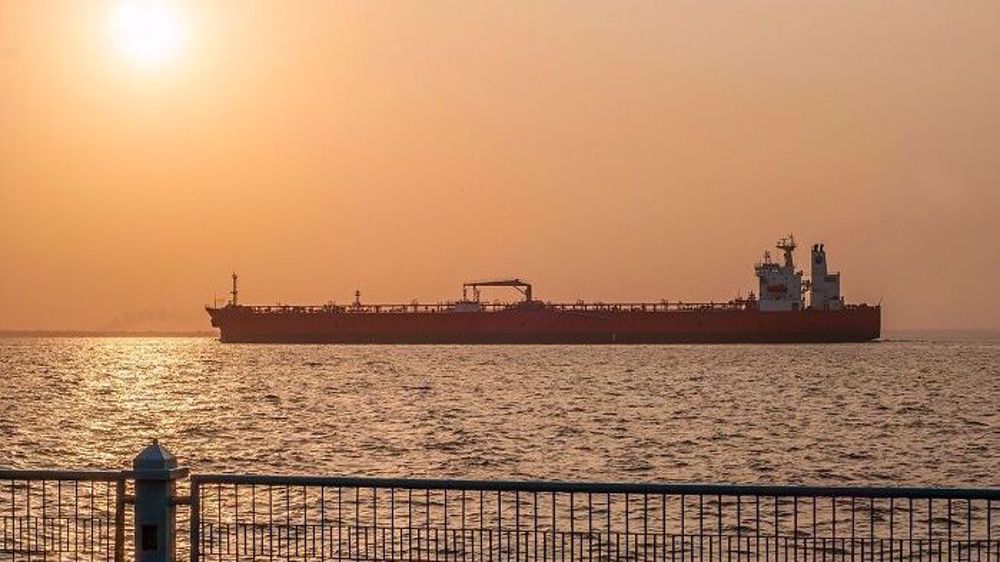
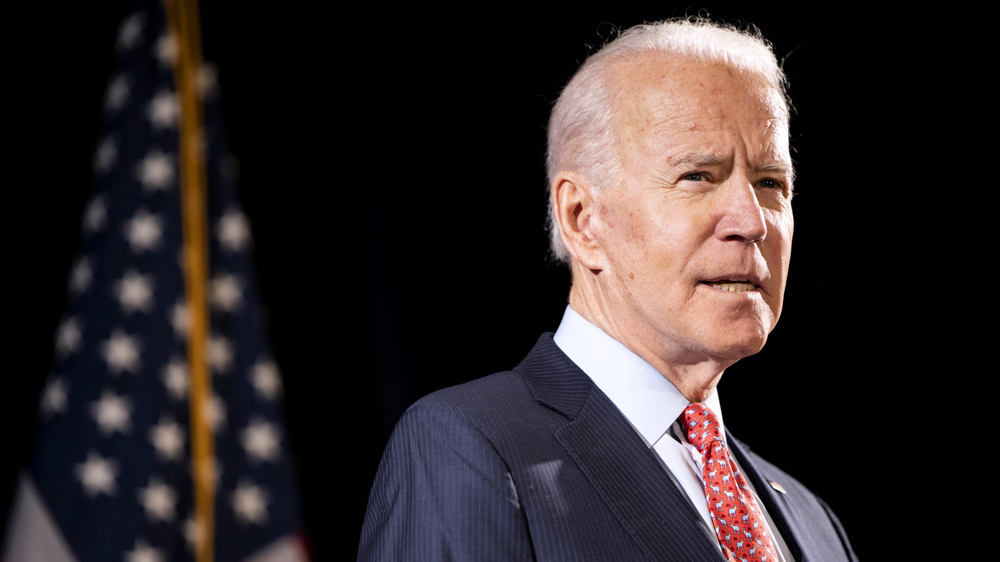
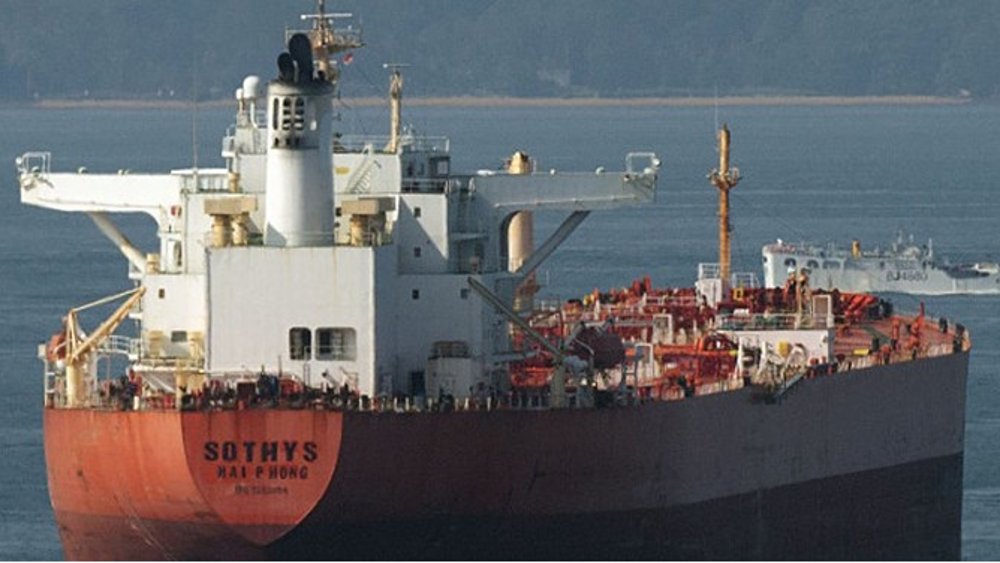
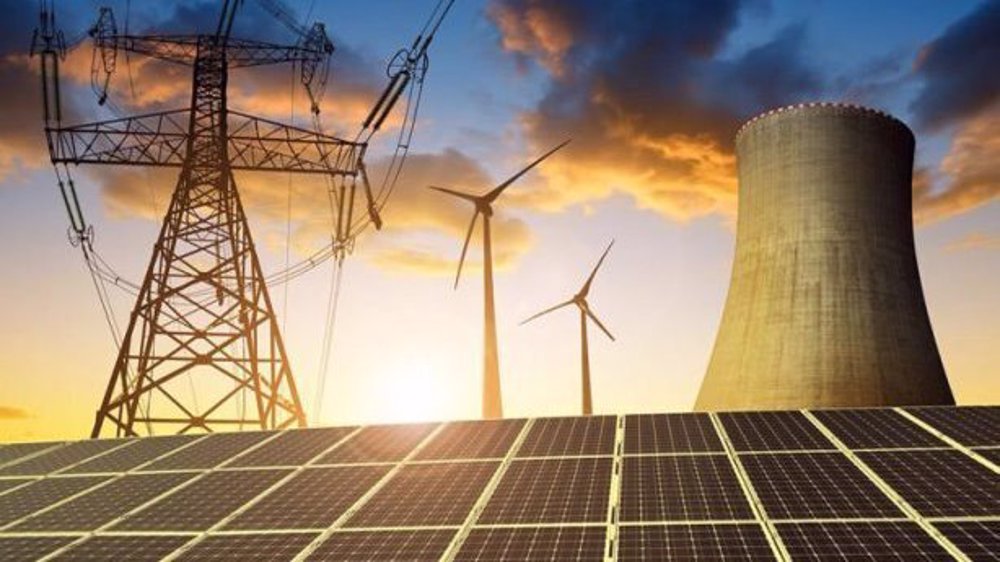
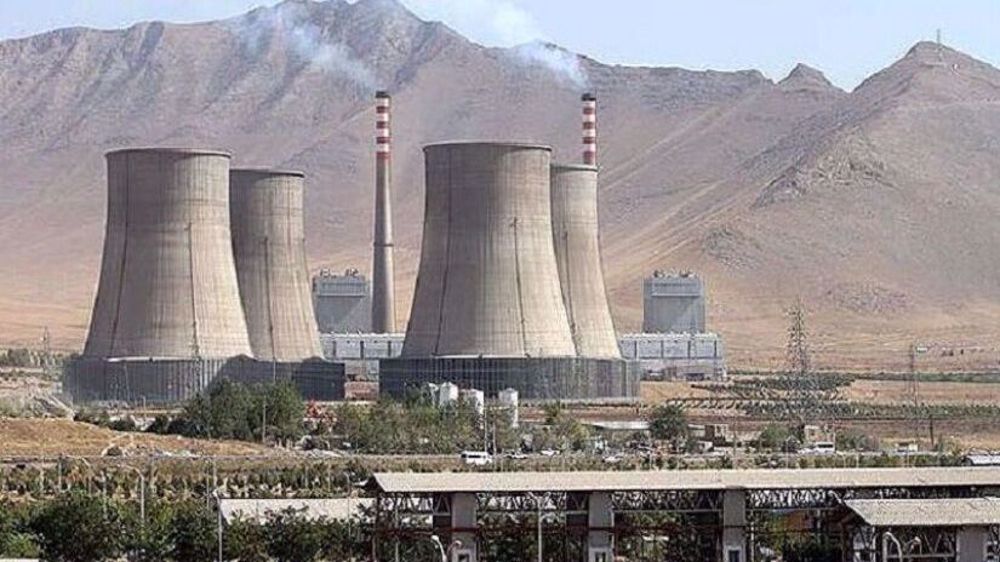





 This makes it easy to access the Press TV website
This makes it easy to access the Press TV website